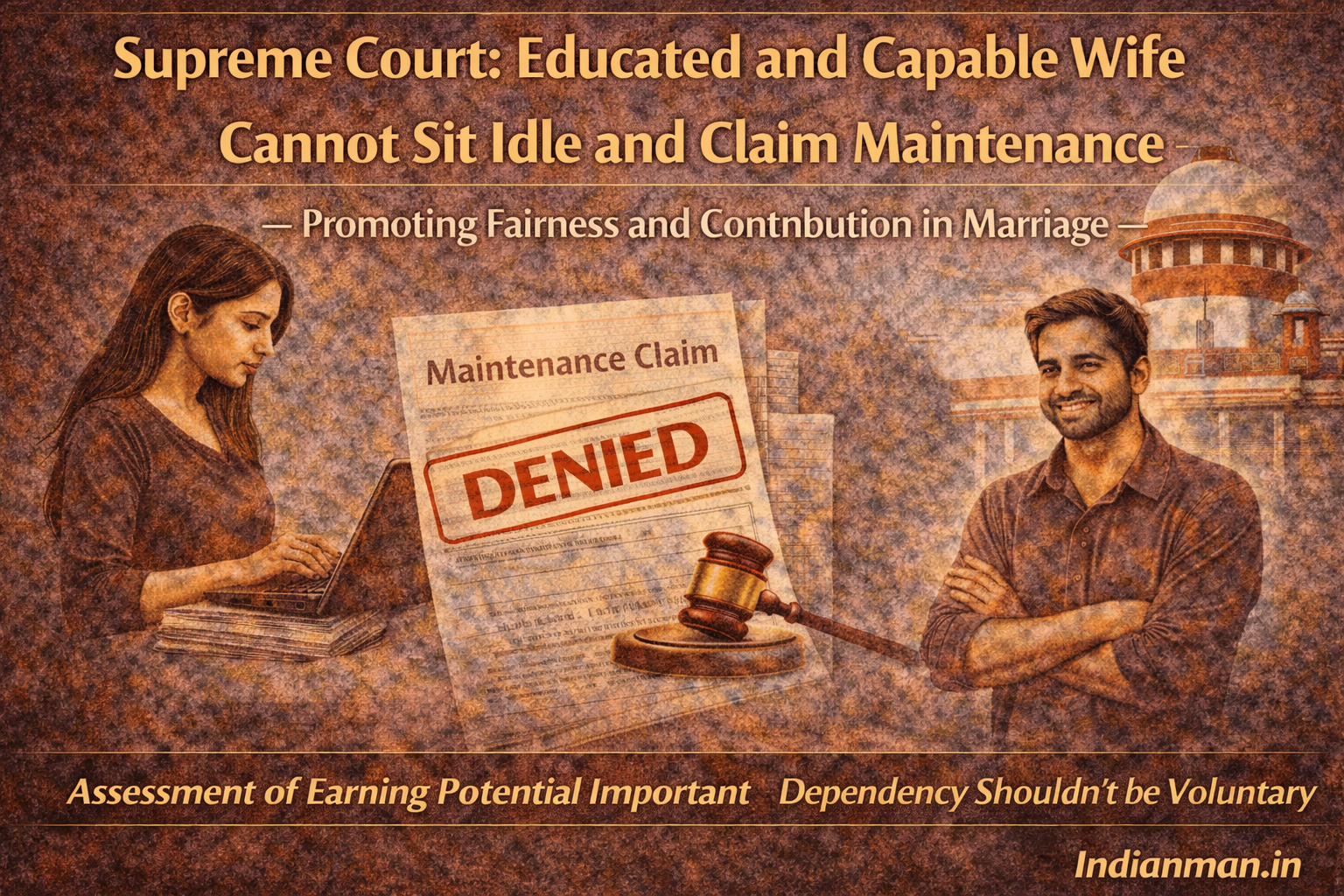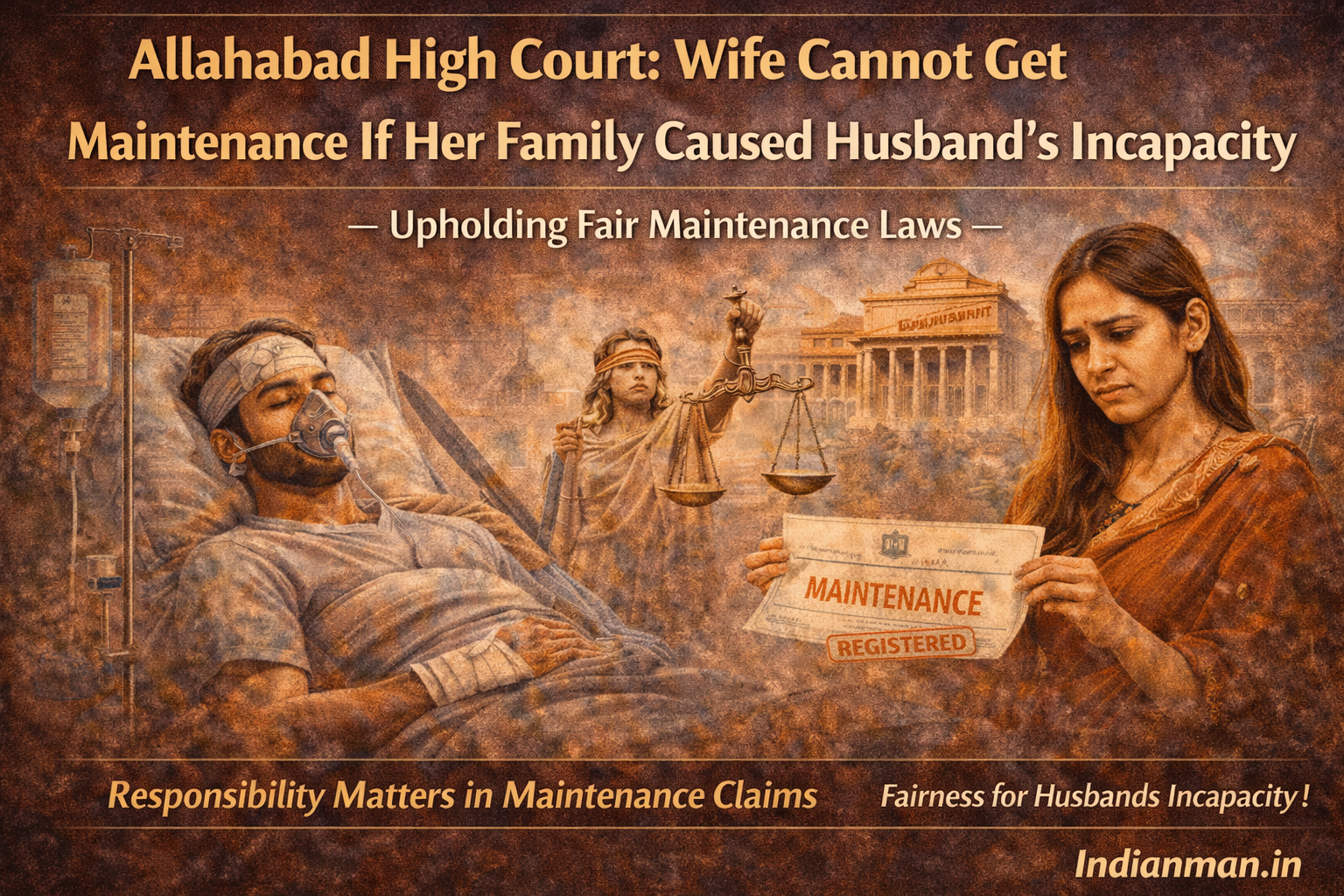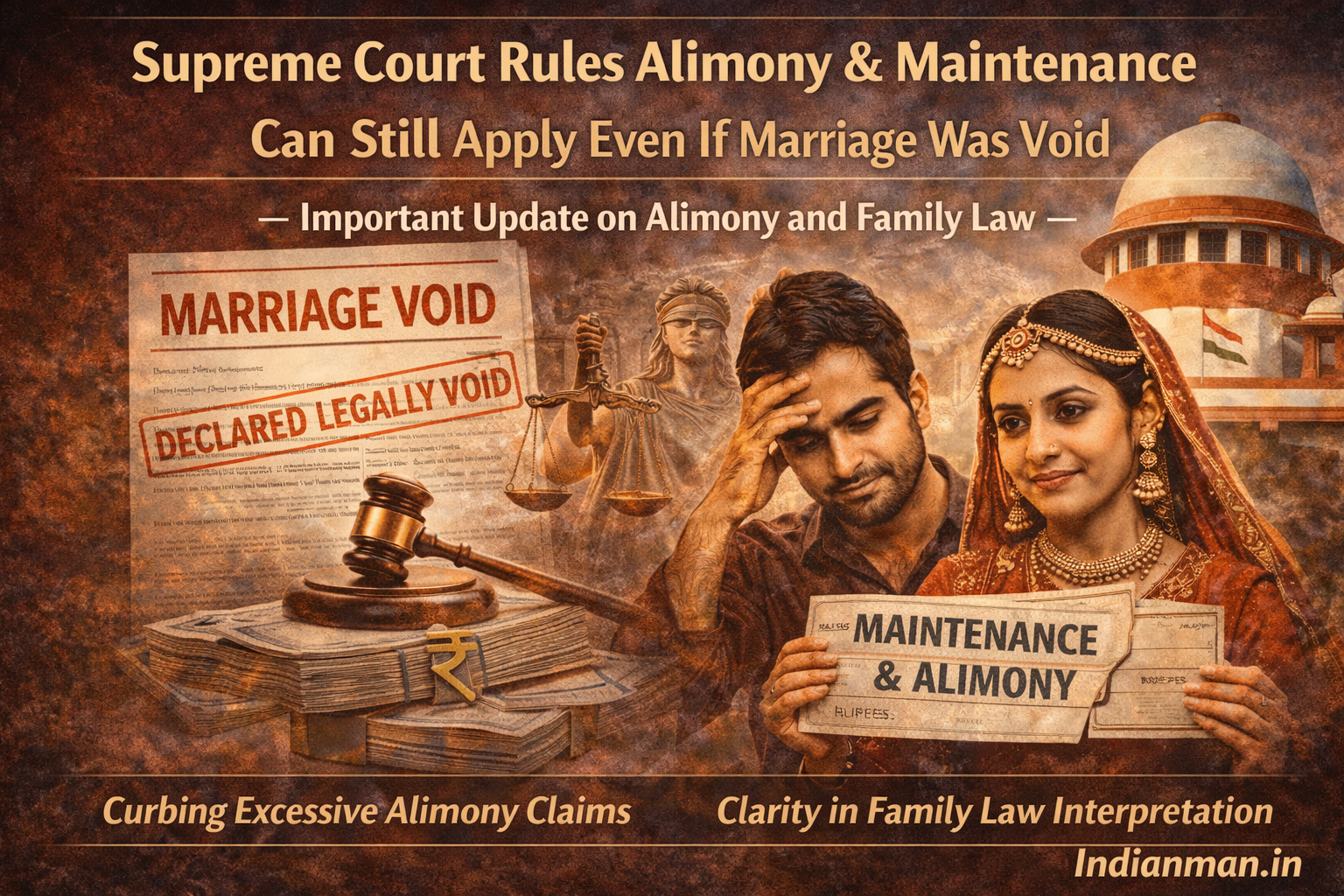The Madras High Court recently upheld a ruling stating that even if a second marriage is not considered legally valid due to an existing first marriage, the second wife and her children are still entitled to maintenance under Section 125 of the Criminal Procedure Code (CrPC). The court’s decision was based on the fact that the man and the woman lived together as husband and wife, and a child was born from that relationship.
The Case and Court Ruling
Justice K Murali Shankar of the Madurai bench was hearing a petition filed by a man challenging a Family Court order that directed him to pay ₹10,000 per month to his “wife” and their son. The woman had filed a maintenance petition, claiming the man was legally bound to support her and their child, but he had neglected to do so. She further alleged that the man demanded ₹25 lakh as dowry and avoided her when she couldn’t meet the demand.
The man disputed the marriage and the paternity of the child, arguing that he was already married to another woman in 2011, with whom he had a child. He claimed that his divorce petition from the first marriage was dismissed and is currently under appeal. Additionally, he claimed his monthly salary was only ₹11,500, much lower than the ₹50,000 claimed by the woman.
Legal Evidence and Observations
Upon reviewing the evidence, the court noted that the man’s first marriage was still legally binding. Despite this, the second “wife” presented a marriage invitation, wedding photos, and the child’s birth certificate to support her claim of marriage. Although the second marriage couldn’t be considered legally valid, the court was satisfied that the couple lived together as husband and wife, resulting in the birth of their child.
The court also pointed out the man’s unwillingness to take a DNA test to prove or disprove paternity, further weakening his argument. Although the man argued his salary was only ₹11,500, he failed to present any salary certificates or documents from his employer to back his claim.
Maintenance Ruling
Considering the facts, the court upheld the Family Court’s decision, requiring the man to pay ₹10,000 per month each to the woman and their child. The court dismissed the petition, emphasizing that the maintenance amount was reasonable and not excessive given the circumstances.
This ruling highlights the importance of ensuring financial support for a wife and children, even when a marriage may not be legally valid, as long as the couple lived together and had a child.
Be a part our social media community:
Facebook: https://www.facebook.com/IndianMan.in?mibextid=ZbWKwL
Instagram:
https://www.instagram.com/indianman.in?igsh=MWZ2N3N0ZmpwM3l3cw==




